The Jon C. Graff, PhD Prize for Excellence in Science Communication
Since 2016, Science News has spotlighted 10 early- and mid-career scientists with innovative ideas and unique skill sets who are applying their talents to shape our future and our understanding of ourselves. This list, called the SN 10, are poised to make a tremendous impact on our world.
A team of Science News writers and editors – many experts in their fields – selected the SN 10 from a pool of scientists nominated by members of the National Academy of Sciences, former SN 10 scientists and Science News readers.
Each year, one member of the SN 10 is named the winner of the Jon C. Graff, PhD Prize for Excellence in Science Communication, which was established in 2019 with a cash gift and now supported by an endowed fund.
The Graff Prize is awarded to a scientist who demonstrates deep enthusiasm for the field, the ability to explain scientific breakthroughs and inventions clearly to a wide range of audiences, and the use of various media, both academic and popular, to reach the public.
The winner, which receives a $1,000 award and a medal, is selected by a committee convened by Society for Science.
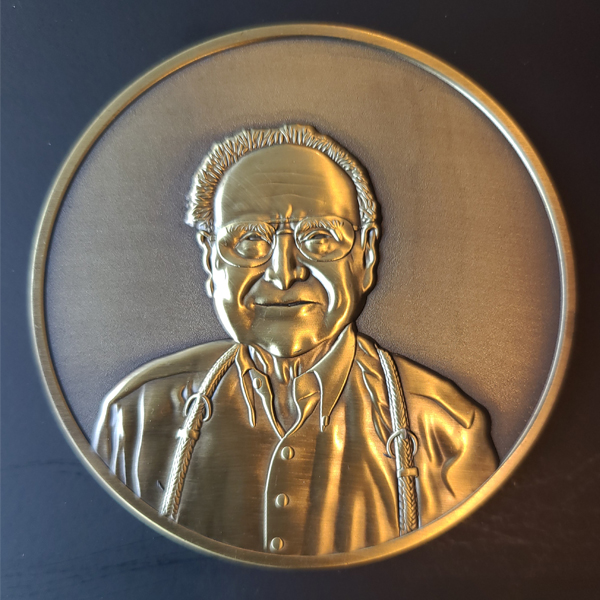
About Jon C. Graff, PhD
Jon Graff, who lived in San Jose, Calif., was a Science News reader from 1974 until his death in 2021.
A pioneer in the field of digital cryptography, Graff started his career as a biochemistry, virology and cell biology researcher, authoring 17 scientific papers. He then moved into computer technology, developing secure digital communications as a cryptographic architect. He designed secure communication systems for Fortune 500 companies and was awarded a patent in digital communications. He is the author of Cryptography and E-Commerce: A Wiley Tech Brief and An Introduction to Modern Cryptography (Springer Verlag, 2000). Graff endowed the Graff Prize through his estate so the award can be given in perpetuity.
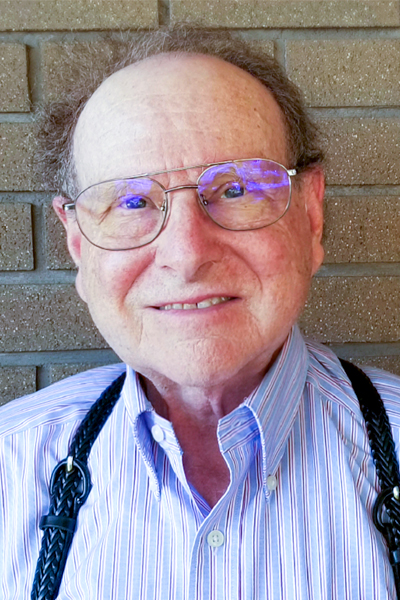
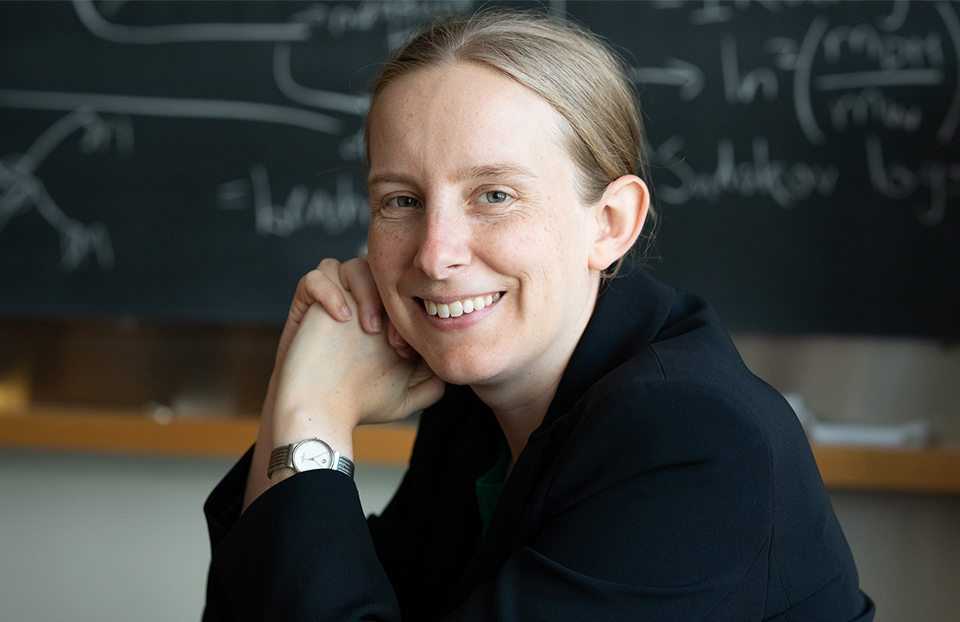
2024
Tracy Slatyer, PhD, MIT
The five-member Graff Prize selection committee shared that they were impressed with Slatyer’s “exceptional popular scientific writing on her work in physics, combined with a standout research career.”
- 10 early-career scientists tackling some of the biggest problems of today
- How did dark matter shape the universe? This physicist has ideas
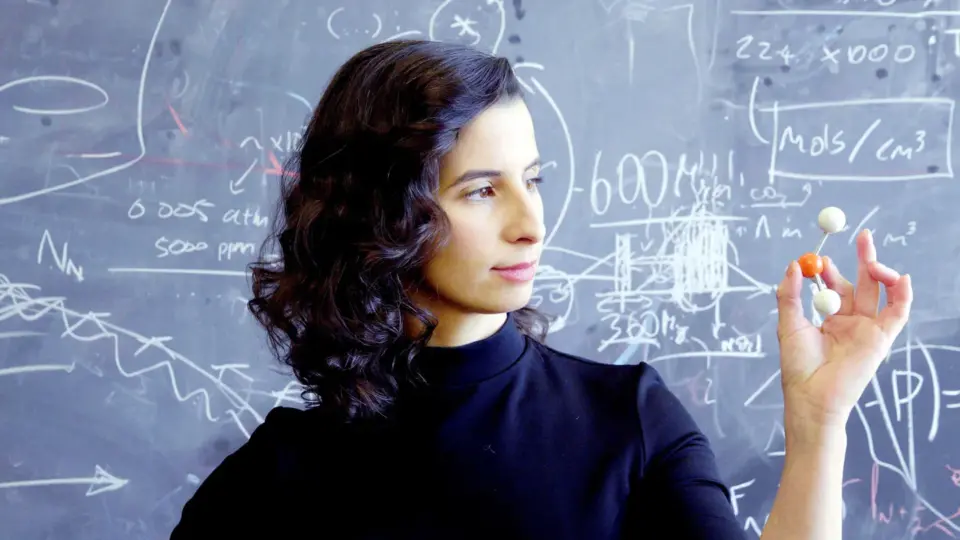
2023
Clara Sousa-Silva, PhD, Bard College
The committee praised Sousa-Silva’s dynamic communication style and her ability to explain clearly an often-abstract field of science, quantum astrochemistry, to a range of audiences with enthusiasm.
- Science News unveils its list of 10 young scientists who are shaping our future
- Here are 10 early-career scientists you should know about in 2023
- Clara Sousa-Silva seeks molecular signatures of life in alien atmospheres
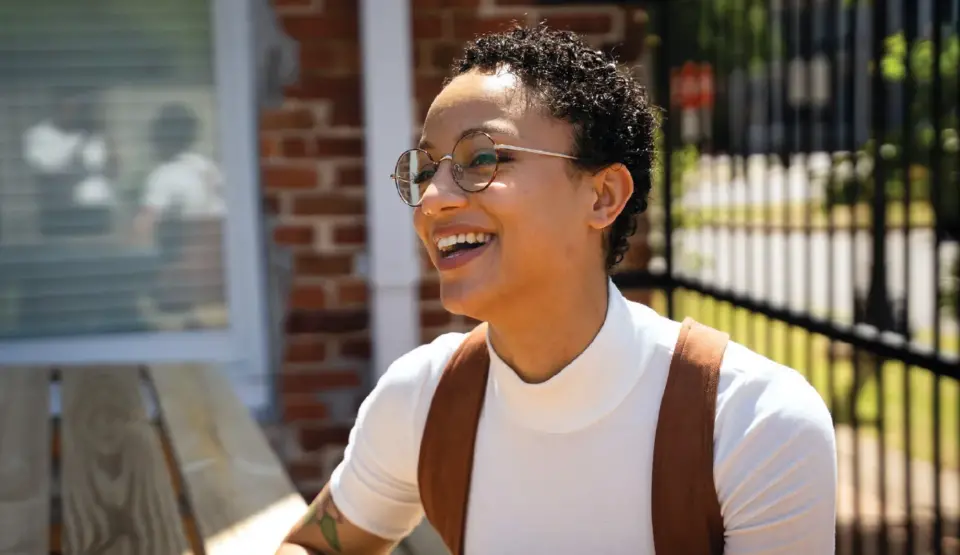
2022
Tina Lasisi, PhD, University of Michigan
Lasisi, a biological anthropologist who studies the evolution of human variation, hosts a PBS Digital Studios show and is a popular voice on TikTok. She wants to inspire people of color to ask questions important to them. “Research is me-search,” she says.
- Science News unveils their list of 10 young scientists pushing the boundaries of scientific inquiry
- Big questions inspire the scientists on this year’s SN 10 list
- Tina Lasisi wants to untangle the evolution of human hair
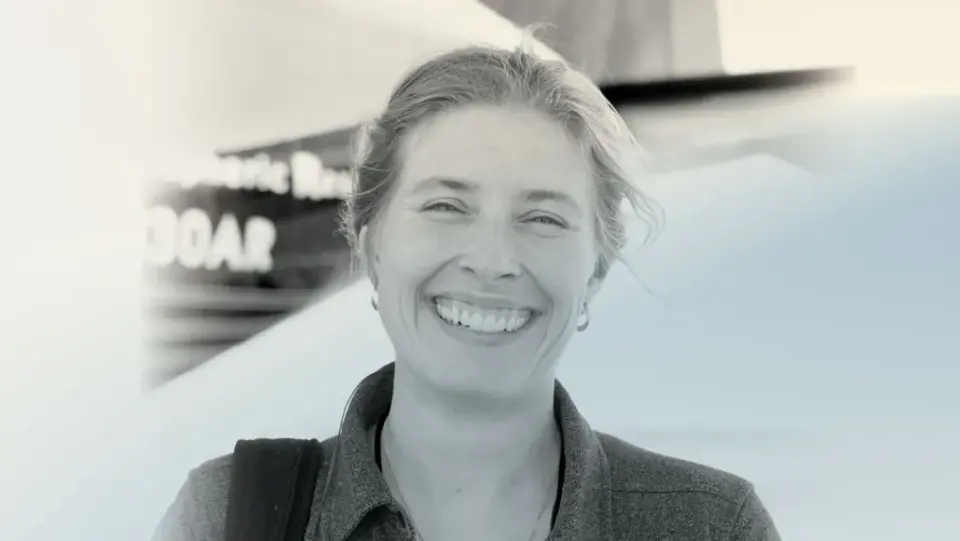
2021
Emily Fischer, PhD, Colorado State University
An atmospheric chemist, Fisher was cited for her use of multiple media tools, including her participation in “Science Moms,” a blog that brings together climate scientists who are also mothers to “demystify climate science and motivate everyday moms to demand solutions that preserve the planet for their kids.”
- Emily Fischer to Receive Jon C. Graff, Ph.D. Prize for Excellence in Science Communication
- This year’s SN 10 scientists aim to solve some of science’s biggest challenges
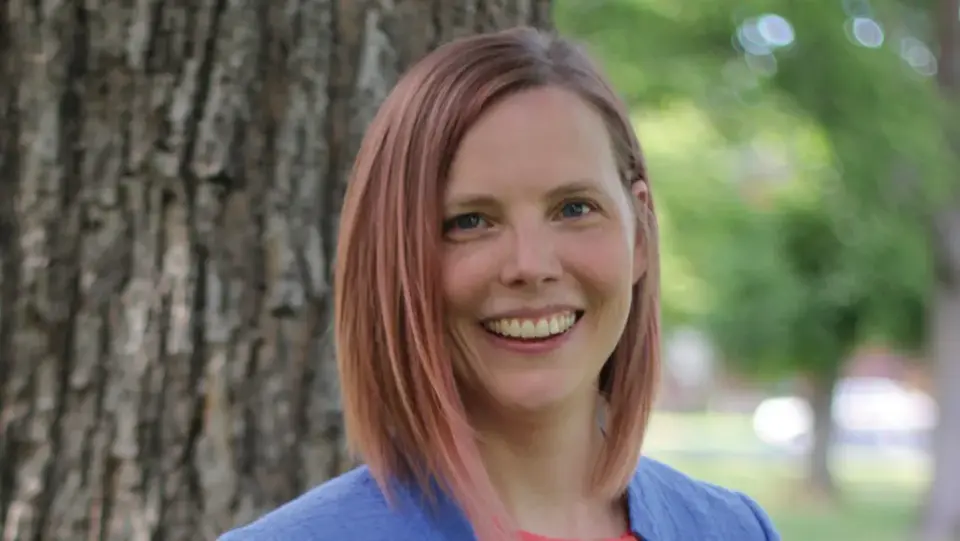
2020
Anna Mueller, PhD Indiana University
Mueller, a sociologist, was selected for her multi-pronged approach to sharing her research findings with the public, her proactive approach to sharing her research in popular media and public conversations and use of timely cultural references to ‘hook’ non-academic audiences.
- Science News Presents The SN 10: Scientists to Watch
- This year’s SN 10 scientists aim to solve some of science’s biggest challenges
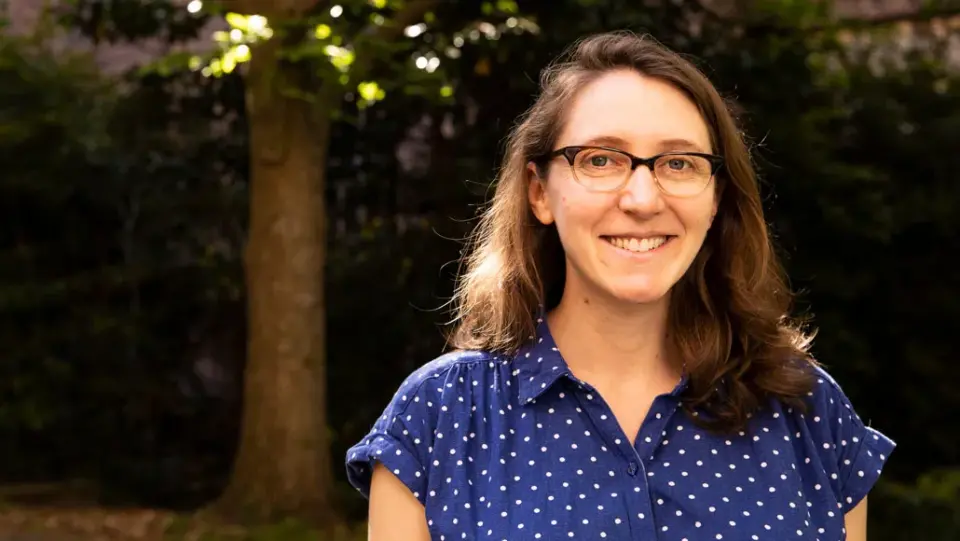
2019
Abigail Swann, PhD, University of Washington
The committee selected Swann, an atmospheric scientists, because of her mastery of conveying complex ideas with clarity, which helps to make science accessible to a variety of audiences.
- Science News Presents The SN 10: Scientists to Watch
- This year’s SN 10 enjoy the journey, not just the discovery
- Abigail Swann’s alternate Earths show how plants shape climate